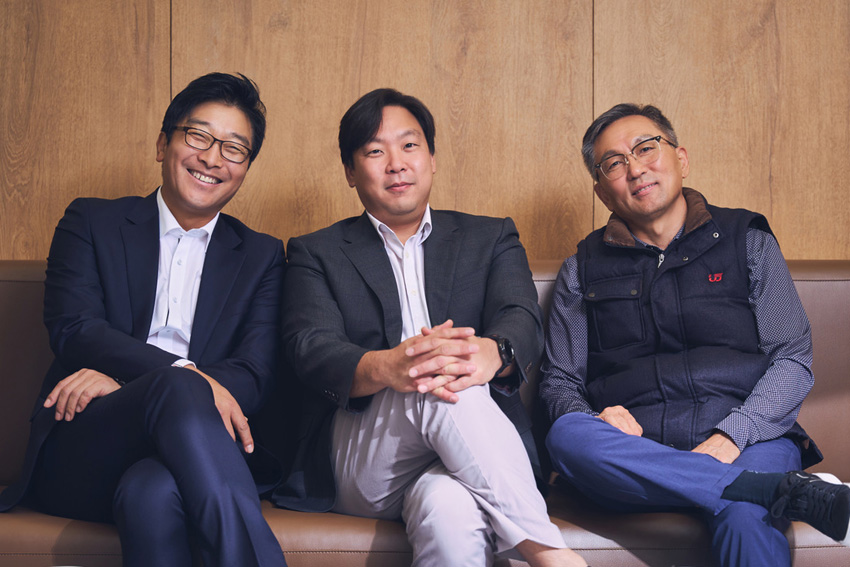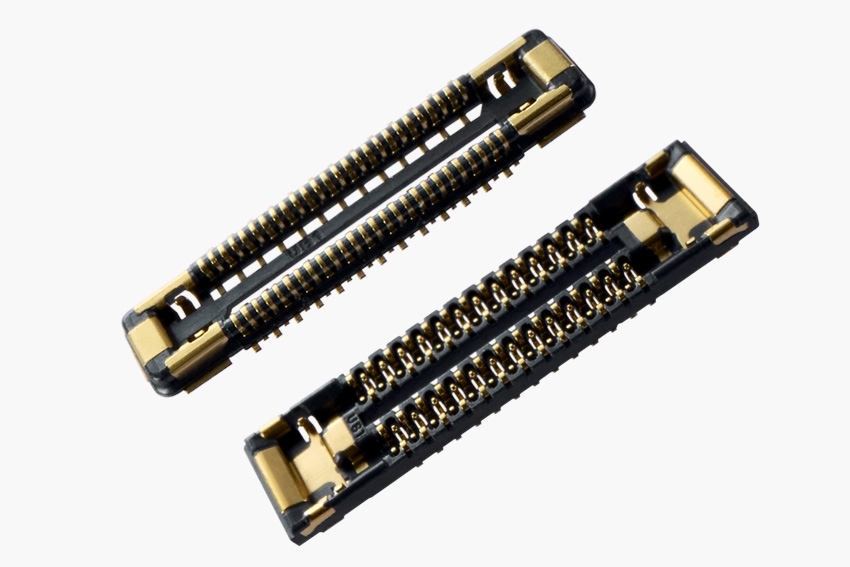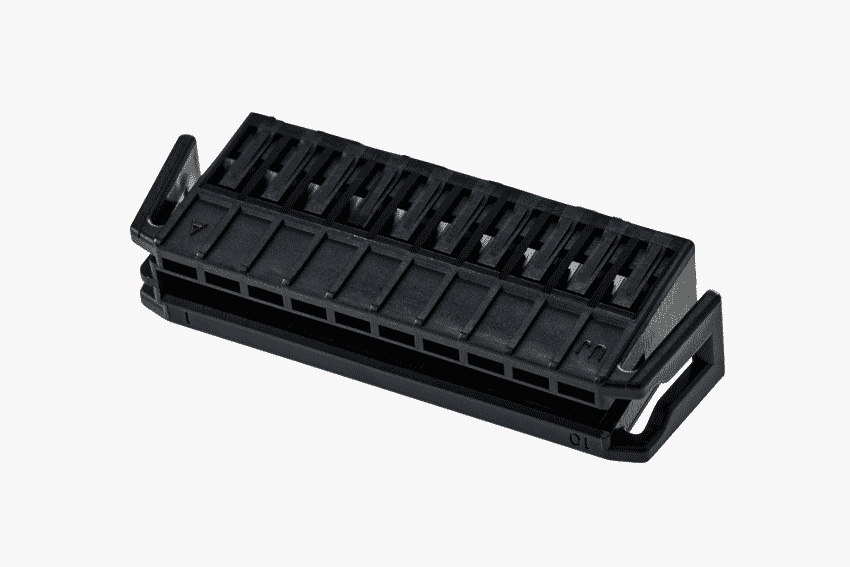UJU Electronics is transforming global connectivity with precision-engineered solutions for the IT and automotive sectors. From CASE vehicles to wearable devices, its cutting-edge connectors redefine industry standards.

Demand has surged for miniaturized connecters in the modern technology-enabled world and is reshaping industries. Miniature connectors are all around us hiding in plain sight, they are integral to CASE (connected, autonomous, share and electric) vehicles, smart phones and wearable devices – linking them together and creating cohesive digital environments. As the automotive and IT sectors pivot towards more connected ecosystems, South Korea’s UJU Electronics are stepping up to facilitate these ecosystems with ultra-precision solutions.
Founded in 1993, UJU Electronics has emerged as a global leader in the development of high-performance, high-quality connectors. With a product lineup tailored to meet the rigorous demands of both the IT and automotive industries, the company is helping redefine connectivity standards for next-generation electronic devices and vehicles.
One of UJU Electronics’ defining achievements lies in its long-standing relationship with top smartphone manufacturers, which have played a critical role in the company’s journey toward international prominence. “We’ve worked with big names and they pushed us to meet global standards,” explains Choong San Ro, president of UJU Electronics. “They also boosted our manufacturing abilities. These experiences put us in a strong position competitively.”

4-Row 0.175mm pitch
According to Young Wook Ha, head of UJU’s IT Division, their agility became a defining advantage: “When we initially competed with Japanese or multinational companies on the global stage, we were lagging behind them, but we were able to catch up with our unrivaled speed of execution.” He credits this speed to UJU’s in-house production system, which covers the entire process, from design to processing, injection molding, plating and assembly.
UJU Electronics has significantly developed its IT division to align with the global demand for advanced and compact solutions, particularly in the wearables market. As the wearable and smartphone sales has grown in 2024, UJU is shipping high volumes of fine pitch connectors for wearables and smartphones, contributing to the tens of millions shipped worldwide. “I think that working with the big players gave us a strong advantage and helped us become almost the number one player in the domestic market,” Mr. Ha says.
While UJU’s foundation lies in the IT sector, the company’s establishment of its Automotive Division in 2011 was a strategic move to align with the automotive sector’s evolution towards electrification and connectivity. Today, UJU is a trusted supplier to various global automakers.
UJU’s expertise in lightweight designs that enhance energy efficiency in electric and hybrid vehicles builds on its legacy in the IT business, where similar advancements in high-performance connectors and miniaturized solutions were achieved. This synergy between IT and automotive sectors not only highlights UJU’s ability to leverage its technological expertise across industries but also reinforces its leadership and development in both fields, working in tandem to create an innovative firm greater than the sum of its parts.
With manufacturing facilities in South Korea, Vietnam and China, UJU has established a robust production network which has enabled it to secure a growing foothold in the U.S. and Europe. “We are also more willing to work with customers closely to customize our solutions, and we do faster iterations for prototyping. That has given us a great edge over the other companies, especially because the bigger players do not want to customize the connectors.” Their philosophy rooted in customer satisfaction strengthens their partnerships and paves the way for their expansion UJU aims to continue growing its global footprint while investing in R&D to stay ahead of emerging trends. Its roadmap for growth is centered on innovation and adaptability. With the increasing miniaturization of electronic components, the company is developing smaller, cost-effective connectors to meet the needs of advanced devices and vehicles.

PCB Slot
In the area of autonomous vehicles, UJU is advancing its high-speed communication connectors, such as FAKRA and Mini FAKRA models, to support vehicle-to-vehicle and vehicle-to-infrastructure technologies. These connectors enable the efficient and reliable transfer of data between antennas, GPS receivers, cameras, and infotainment systems. Additionally, UJU is addressing the demand for power conversion and shielded connectors for electric and hybrid vehicles. By extending its portfolio in these areas, the company aims to capture a larger share of the rapidly evolving EV market.
Kevin Lee, head of UJU’s Automotive Division, explains: “In order to compete in the global market with leading connector makers in Korea and abroad, the biggest competitive edge that we have is quality and cost.”
As industries embrace smarter and more connected solutions, UJU Electronics is positioning itself as a pivotal player in the global connector market. By leveraging its decades of experience, technological innovation and client-centric approach, the company is set to shape the future of connectivity in the IT and automotive industries.
UJU Electronics is a leader in precision engineering and adaptability, creating tailor-made connectors that meet the demands of ever-evolving high-tech industries. Their innovation ensures that UJU not only meets today’s challenges but also anticipates the needs of tomorrow, solidifying its reputation as a global leader in connector technology.
Discover the article on Newsweek.com/UJU Electronics
0 COMMENTS